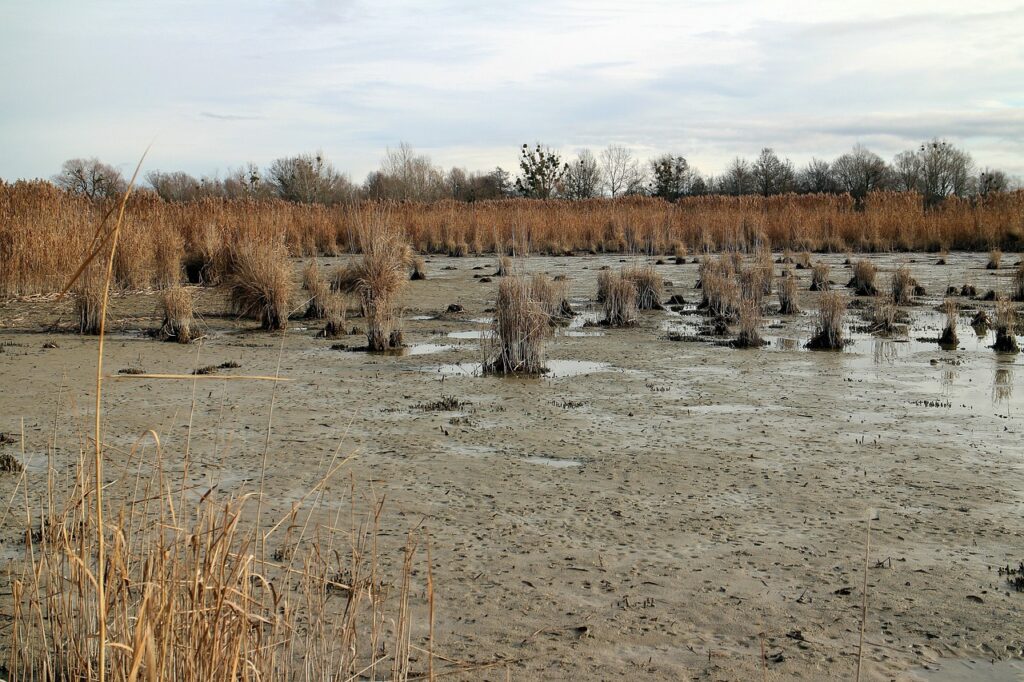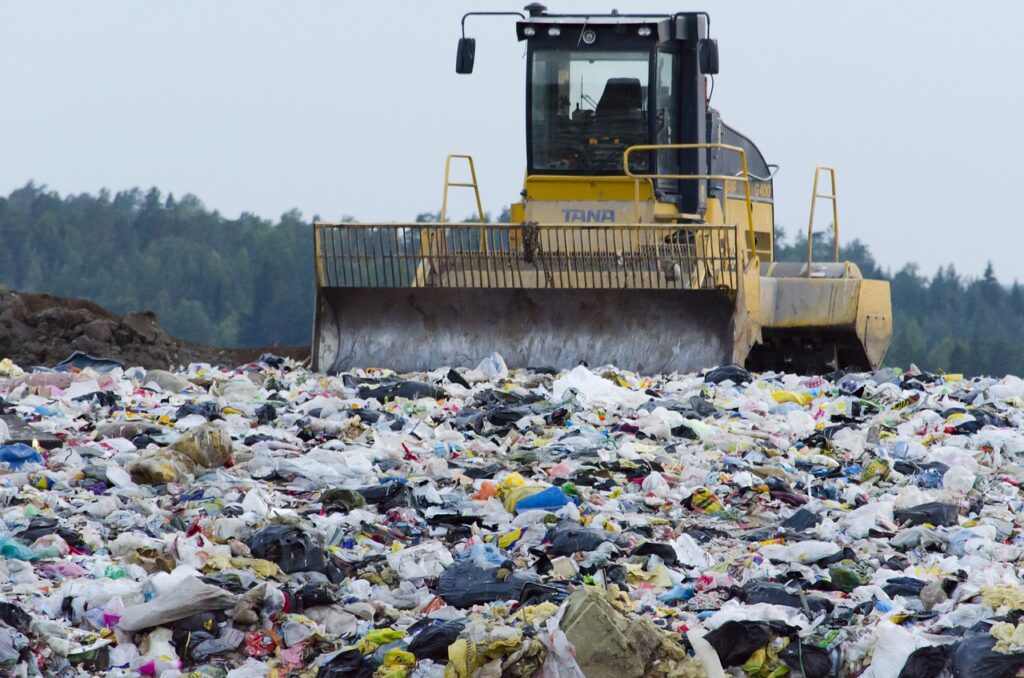- Rising sea levels and environmental justice concerns are problematic for this former federal Superfund site.
- Environmental activists have pushed against development of this site for more than two decades.
- Developers are hoping to build homes or mixed-use properties at the shoreline property.
By: KQED | January 12, 2023
The new year is a make-or-break moment for a Richmond housing development atop a contaminated former waterfront site once owned by the global pharmaceutical company AstraZeneca.
Plans for developing as many as 4,000 units on the site have survived scrutiny by officials and legal challenges from environmental groups; the Richmond City Council approved the development years ago.
But last summer, state regulators asked the company to examine whether future sea level rise pushing up groundwater should alter the cleanup remedies (PDF) for the hazardous site before development begins.
“The science of sea level rise is progressing, we’re listening to the community, and we’re saying we want more evaluation,” Ian Utz, project manager for the California Department of Toxic Substances Control, or DTSC, told KQED.
Utz also tasked two independent researchers to analyze the company’s site-wide sea level rise evaluation (PDF). AstraZeneca determined that by the year 2050, the site would incur no negative impacts.
But the two scientists found the company’s conclusions inadequate. Their analysis, which KQED reviewed, shows that rising sea levels could surface buried contaminants and expose future residents to them.
Local climate activists, like 34-year-old Marisol Cantú with the Richmond Progressive Alliance, said that a developer building homes on a toxic site will only further environmental injustice and compromise the health of residents in this city of nearly 90% people of color.
“People are unaware because I think they are simply trying to survive,” said Cantú of buried contaminants like lead and benzene. She organizes a youth-led climate justice podcast, Richmond Listening Project.
“When you tell them there’s a contaminated site, and the [city] wants to build residential housing on it, they’re flabbergasted,” she said.
Read more from KQED.



